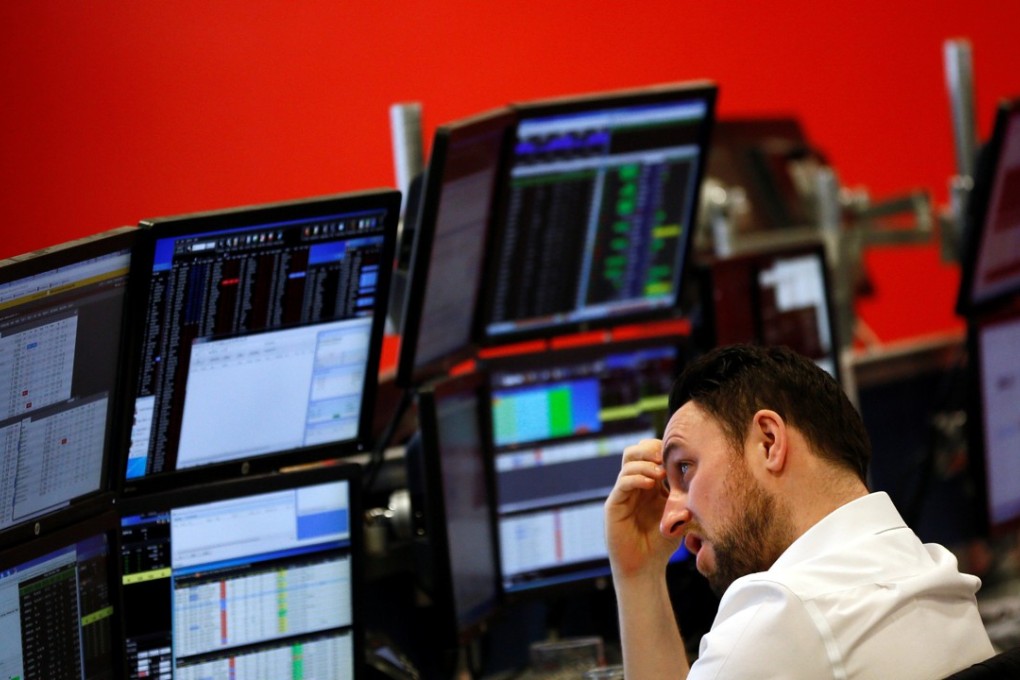How will Asian companies cope with Europe’s common standard on financial transparency?
Running to 7,000 pages with 1.7 million paragraphs, the regulations are far longer than Penguin Classics’ edition of the Dream of the Red Chambers.

As European financial services firms adjust to major new regulations, those doing business in Asia will also be affected, say analysts, as operational and market structure changes in Europe filter out around the world.
On Wednesday, the second Markets in Financial Instruments Directive (MiFID II) came into effect in Europe. Running to 7,000 pages with 1.7 million paragraphs, the regulations are more than double the Penguin Classics edition of the Dream of the Red Chambers, and much less readable.
But the rules will reach deep into the financial industry and transform the way business is conducted. They provide a standardised set of guidelines that govern how banks execute trades on behalf of their clients, how they report these trades, and how they are paid for, among other stipulations and provisions.
“The rules are not specifically intended to be extraterritorial - European regulators are bringing in new rules for European companies - but they will still have an impact,” said Keith Pogson, senior partner for financial services in Asia Pacific at EY in Hong Kong.
Companies operating outside the European Union will have to abide by the rules when they trade in European securities, or when they do business with European clients and counterparties
The medium-sized companies in Asia will feel the effects most, analysts said.
“The large international banks and asset managers have MiFID II implementation programmes including Asia that they have been putting into place over the past 18 months or so,” Pogson said. “Firms that are very focused on the region, say most Chinese brokers that primarily trade Chinese securities for Chinese clients, will probably not find it worth their while to trade European assets, so it will be the companies in the middle that will have greater difficulties.”